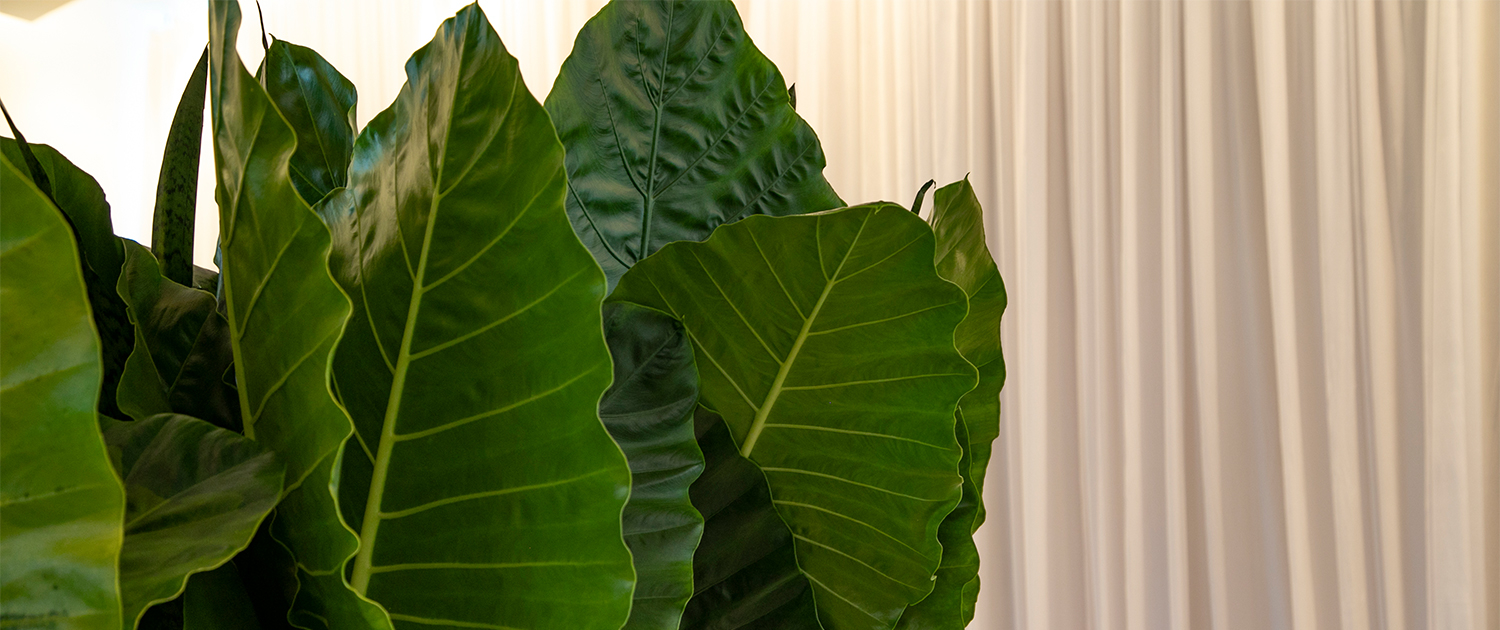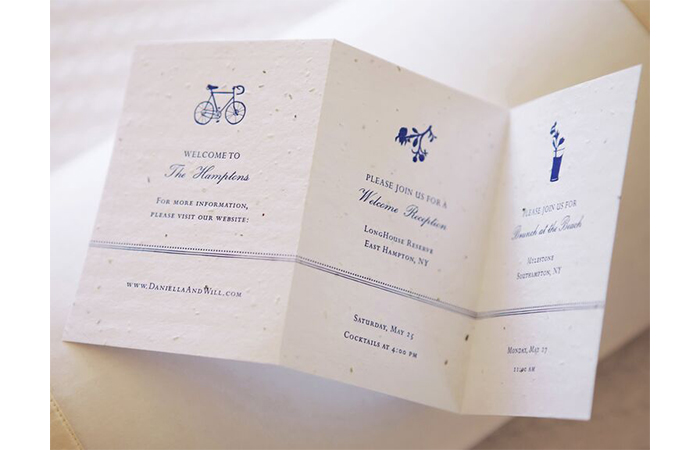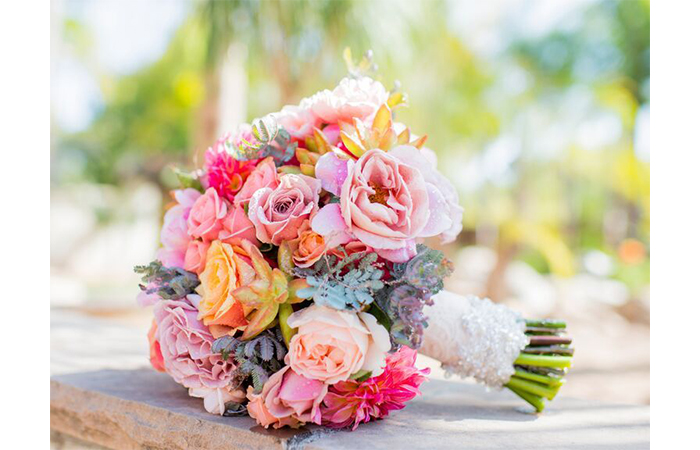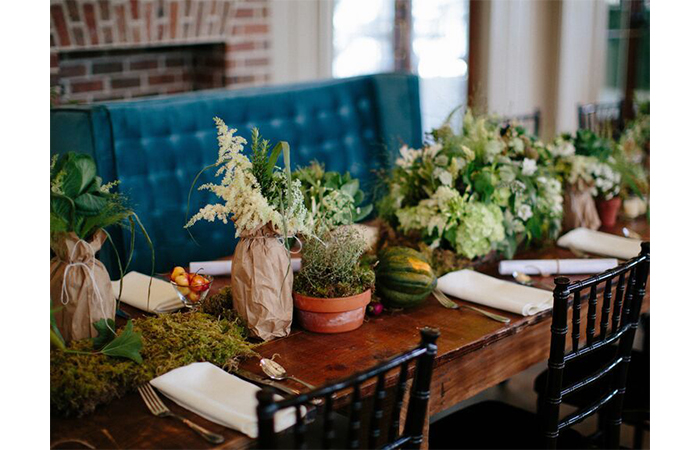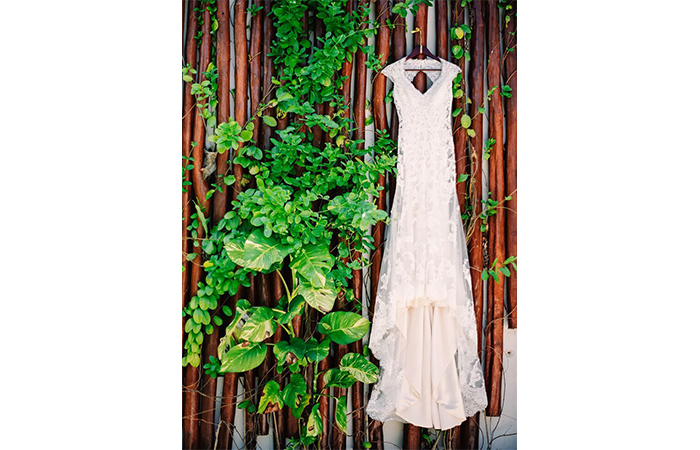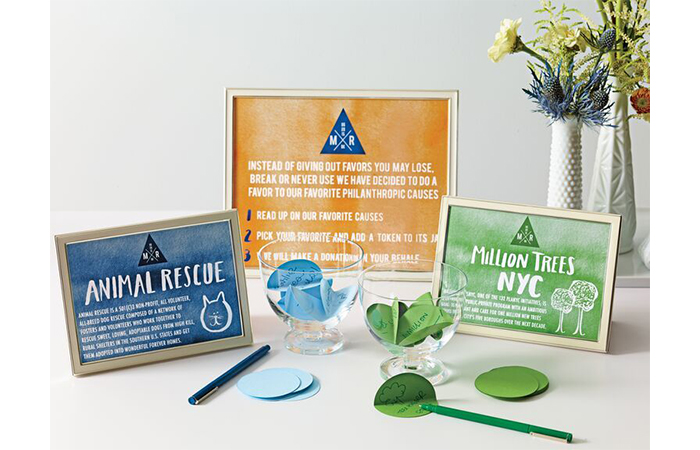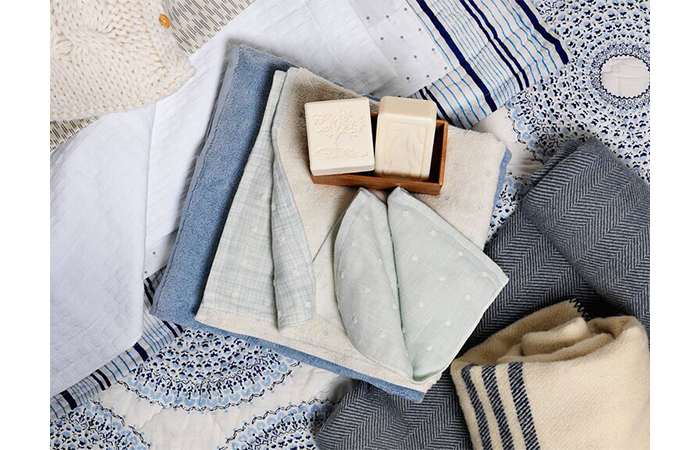The Stationery
Millions of trees are toppled every year to make paper products, and the process of producing these items pollutes the environment. Now more and more couples are trying to help by making eco-conscious invite choices. We do recommend old school snail mail for the wedding invitations, but for save-the-dates, paperless is becoming more and more common. You can also reduce the inserts in your invitations by directing people to your wedding website for any extra details. For your invitation, keep an eye out for stationers who offer recycled paper products and vegetable-based inks, like The Windmill Paper Boutique (they even source printing from windmill-powered printers!). Some paper products are even plantable—yes, plantable! Paper from companies like Botanical Paper Works are embedded with seeds, so guests can plant them in their backyards and the paper turns into flowers, plants or herbs instead of ending up in a landfill. Or you can opt for sustainable resources, like cotton items from Crane & Co. or bamboo options by Smock.
The Flowers
You may not think about it, but not all flowers are organic. Some farms use chemicals to keep insects at bay, which can end up affecting organic matter in soil and, in some cases, causing illness in the workers who handle them. To make sure your blooms are as sustainable as possible, look to companies that are farm-to-table, so to speak—companies that cut the stems and have the flowers to you within a few days, like The Bouqs Co. (and less refrigeration time means less electricity use!). Ask your florist about in-season and local flowers to ensure the freshest, best quality stems at the best price. If you have your heart set on a flower that isn’t in season and a seasonal replica won’t do, look for flowers that are VeriFlora-certified. This means that the blooms aren’t grown with chemicals or grown under harsh working conditions. Don’t want your beautiful flowers thrown away after your celebration? Work with a company that will pick up the arrangements and reuse them, like Rebloom. Another eco-friendly choice is to choose potted blooms, plants or topiaries as centerpieces. This way, you can take them home and replant them after the wedding.
Not a flower person? Walk down the aisle with a brooch bouquet, an arrangement of silk stems or a bundle of farmer’s market fruits and veggies (kale, for example, has a sturdy stalk and beautiful green foliage) and decorate reception tables with things you can reuse in your home after the wedding, like soy-based candles or stacks of books.
The Catering
Food is the center of any celebration, and going green doesn’t mean you have to sacrifice taste! The farm-to-table movement is in full swing, meaning it’s more accessible than ever to source healthy, earth-friendly food. When you’re budgeting, keep in mind that organic foods may cost more, but asking your caterer to source from in-season, locally grown products will help keep the cost down and guarantee the freshest finds. You can also work with a neighborhood baker to see if they’re on board to use locally sourced ingredients (like eggs and dairy products) for the cake. When bought directly from growers, food needs less time in the fridge and less packaging to stay fresh, so you’re being especially kind to Mother Earth, too. And since the food is coming from a shorter distance, less fuel is needed to transport it. Really want to impress your guests? Supplement your table decor with herb plants in terra cotta pots, like basil or cilantro, that guests can add straight to their dishes.
The Wedding Dress
The first thing that comes to mind when thinking about eco-friendly dress shopping is re-wearing a gown, maybe even your mother’s. If you love the idea of wearing her dress but aren’t totally in love with the dress itself, work with a seamstress to make it more your style. Or, if mom’s dress is out of the running, start from square one and pick out a gown that’s totally you. First stop: Check out vintage clothing shops or consignment boutiques. Nothing speaking to you? Check out all of the websites you can buy or rent pre-worn gowns, including Nearly Newlywed. Similarly, consider letting the bridal party wear clothes they already own, or borrow from rental sites, like Rent the Runway. Offer a few guidelines, like a color or dress length. They’ll love that they can show off their style.
If you prefer to wear a brand-new dress, try to find a designer who uses sustainable fabrics, like organic cotton, silk or hemp. You can also pay it forward by saving the gown for future use. Wedding Dress Preservation by The Knot will help you keep yours in tip-top shape in case you want to pass it down later.
The Favors
For an eco-friendly wedding, look for plantable favors, like potted saplings, herbs or succulents. If a lot of your guests are traveling, keep in mind that they probably won’t want to pack a pot of soil into their suitcase, so consider biodegradable seed packets if you’re committed to the plant route. Or, go edible. Look to local businesses like coffee houses for a bag of their signature beans, candy shops for chocolate bars (easy on the paper wrapping), or jams in reusable glass jars from an orchard. Another idea? Send your guests home with your wedding flowers—have an attendant ready to arrange your florals into individual bouquets for friends and family to enjoy for a few more days in their homes.
For a totally different option, go for a charity donation. Display a sign letting guests know you’ve made a donation to a meaningful cause in lieu of favors, or pick a few of your favorites and let guests choose: Set out information on each charity, designate it a color, and allow guests to read up on them and decide which organization they’d like you to donate to on their behalf.
The Registry
There’s now an eco-friendly option for just about everything you might normally think to register for. Pay close attention to where items are made and what materials are sourced. Consider items like organic bedding, cloth shopping bags, reusable bamboo plates and natural kitchen and bath products. If you’d rather forego a traditional registry altogether, consider asking for a charitable donation to go toward a green organization or register for part of your honeymoon in lieu of traditional gifts.

